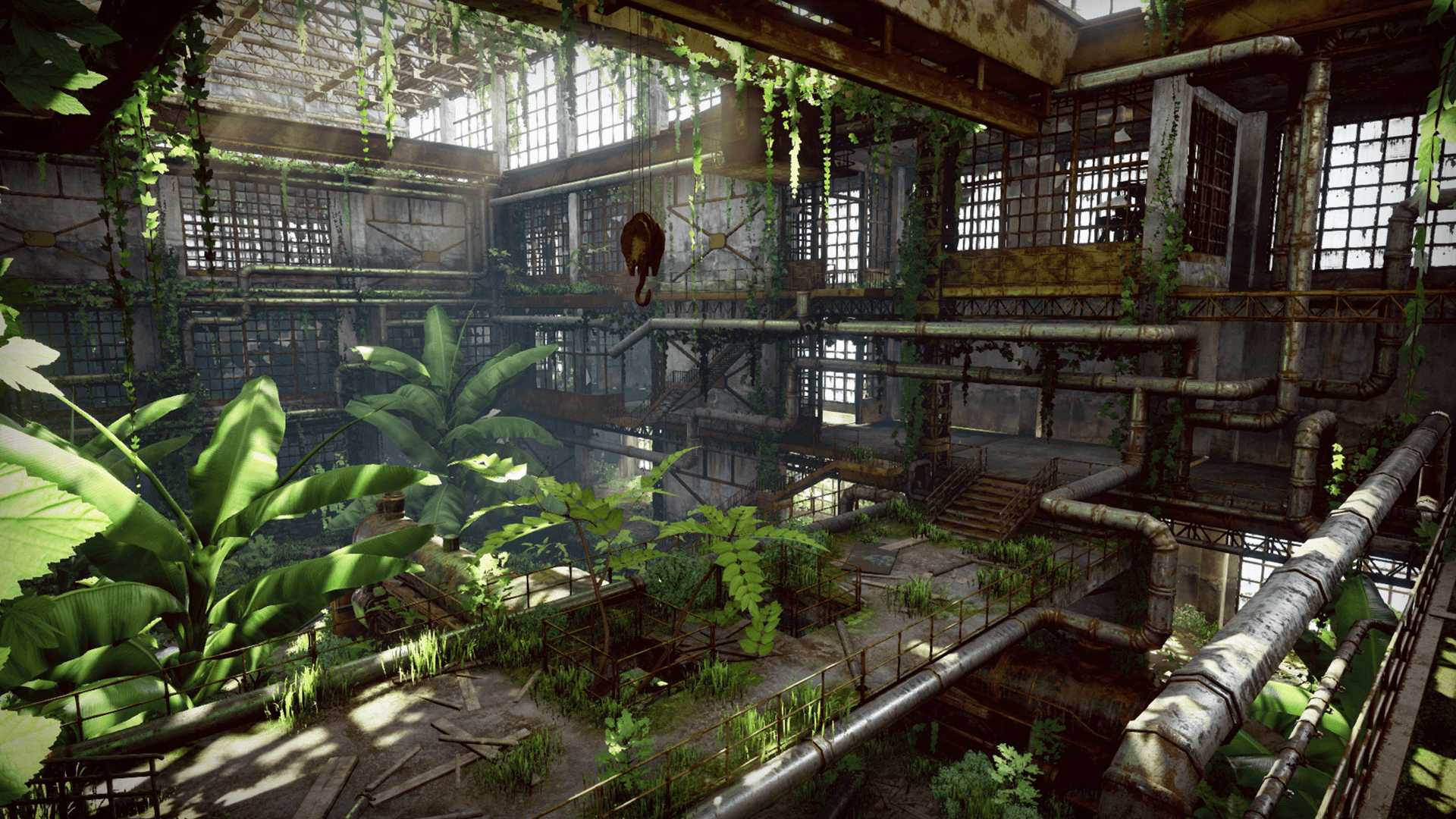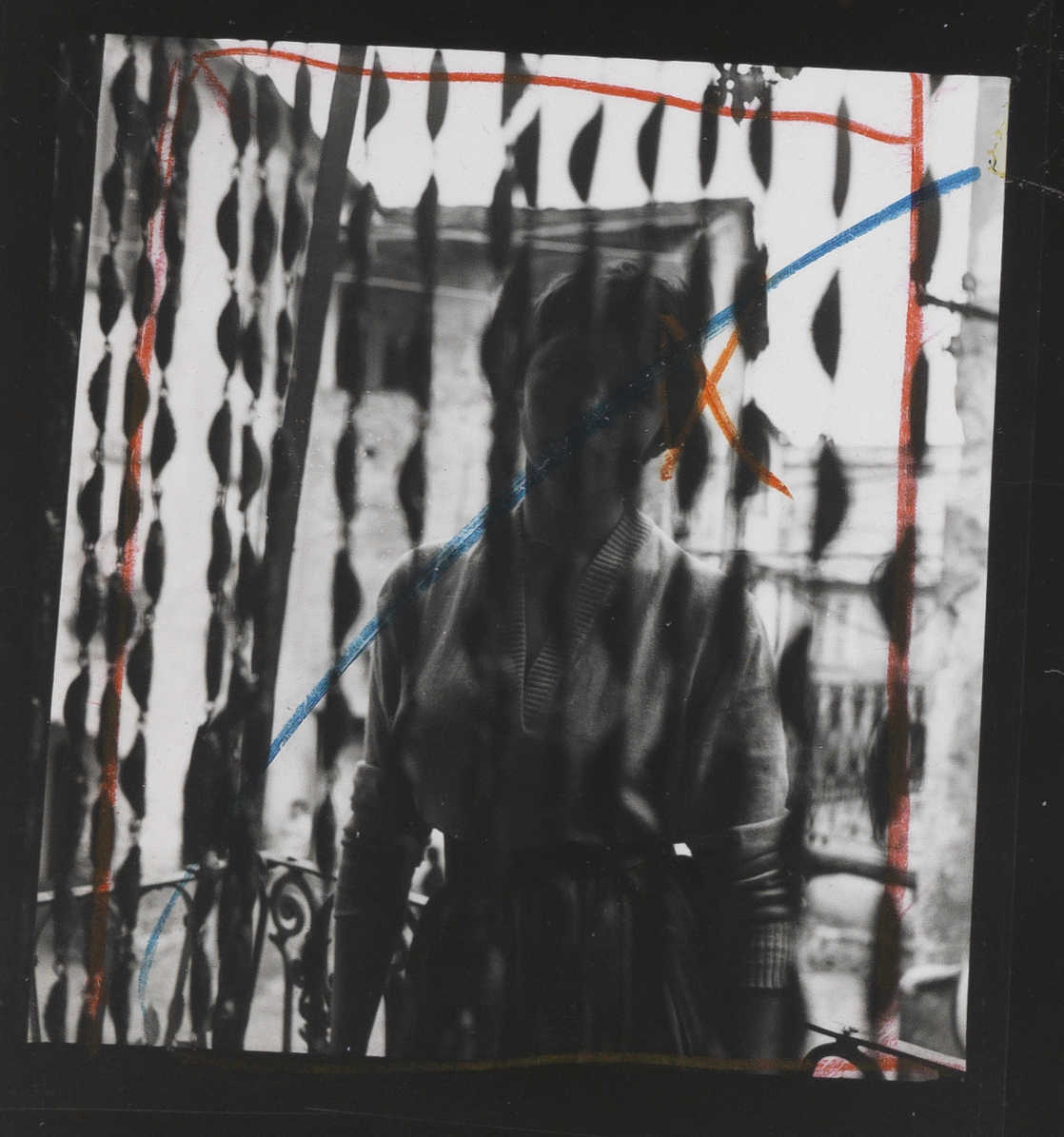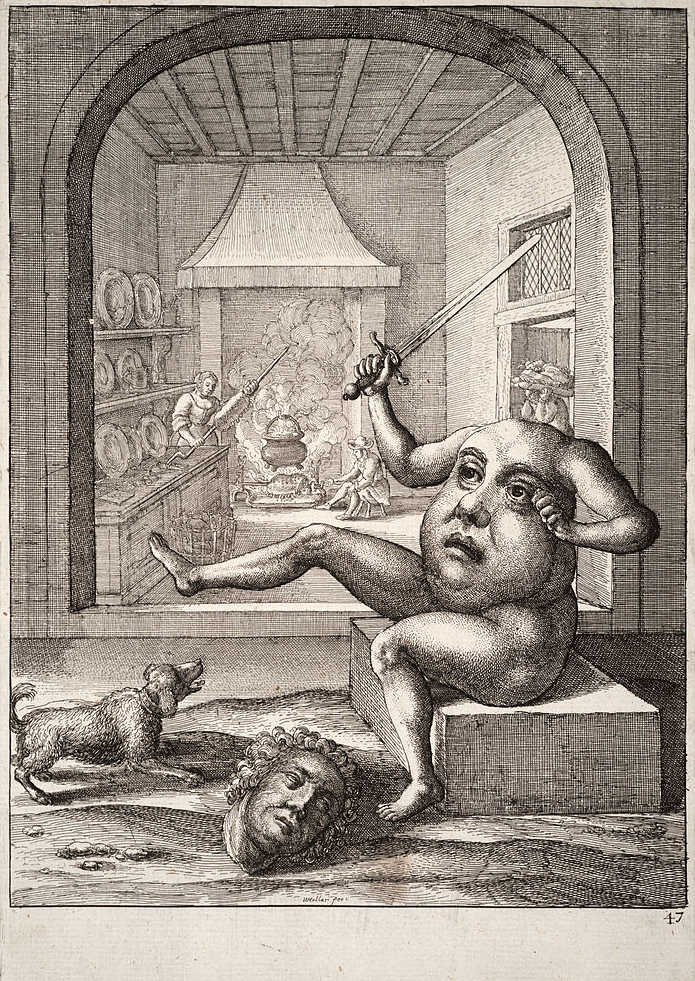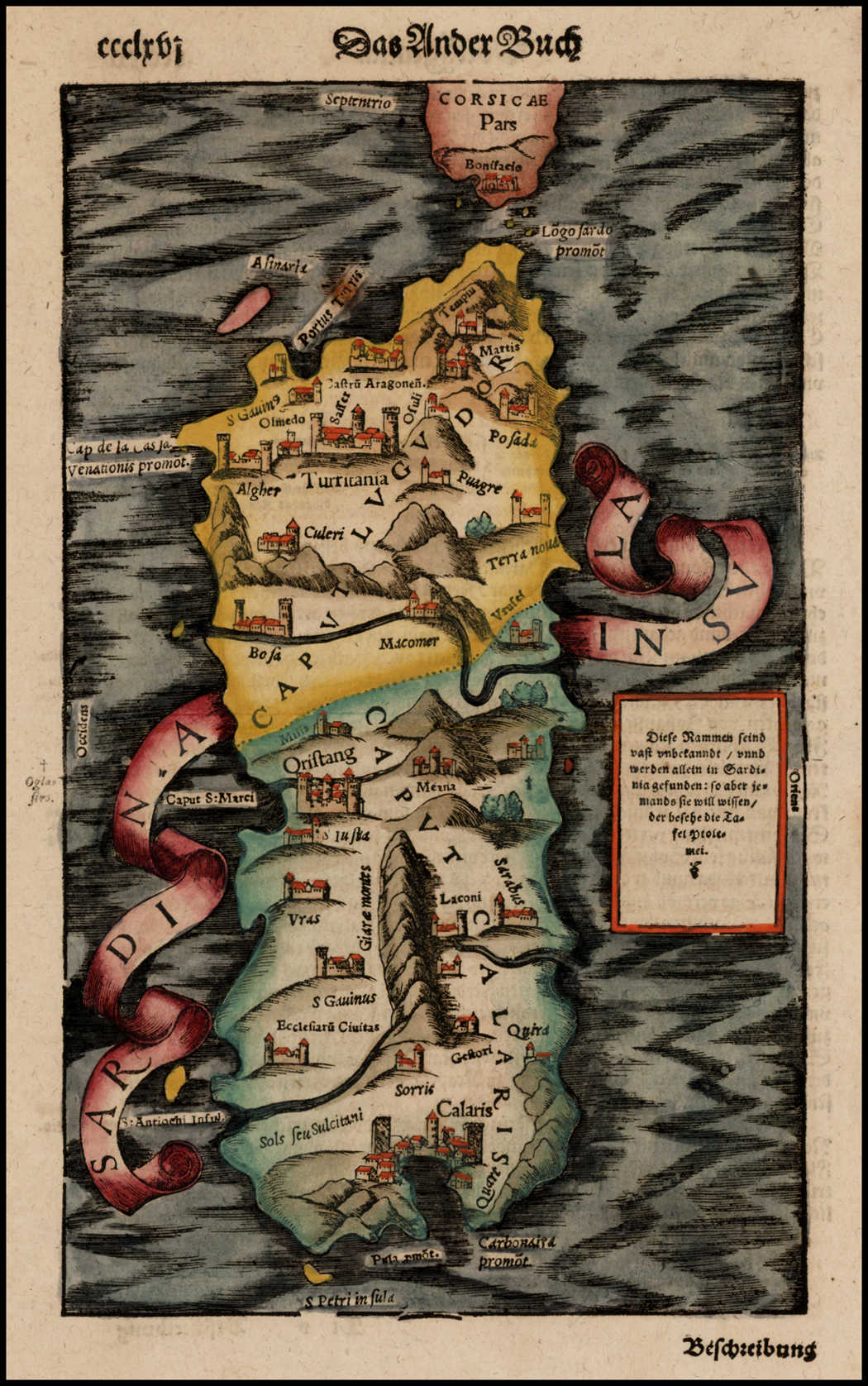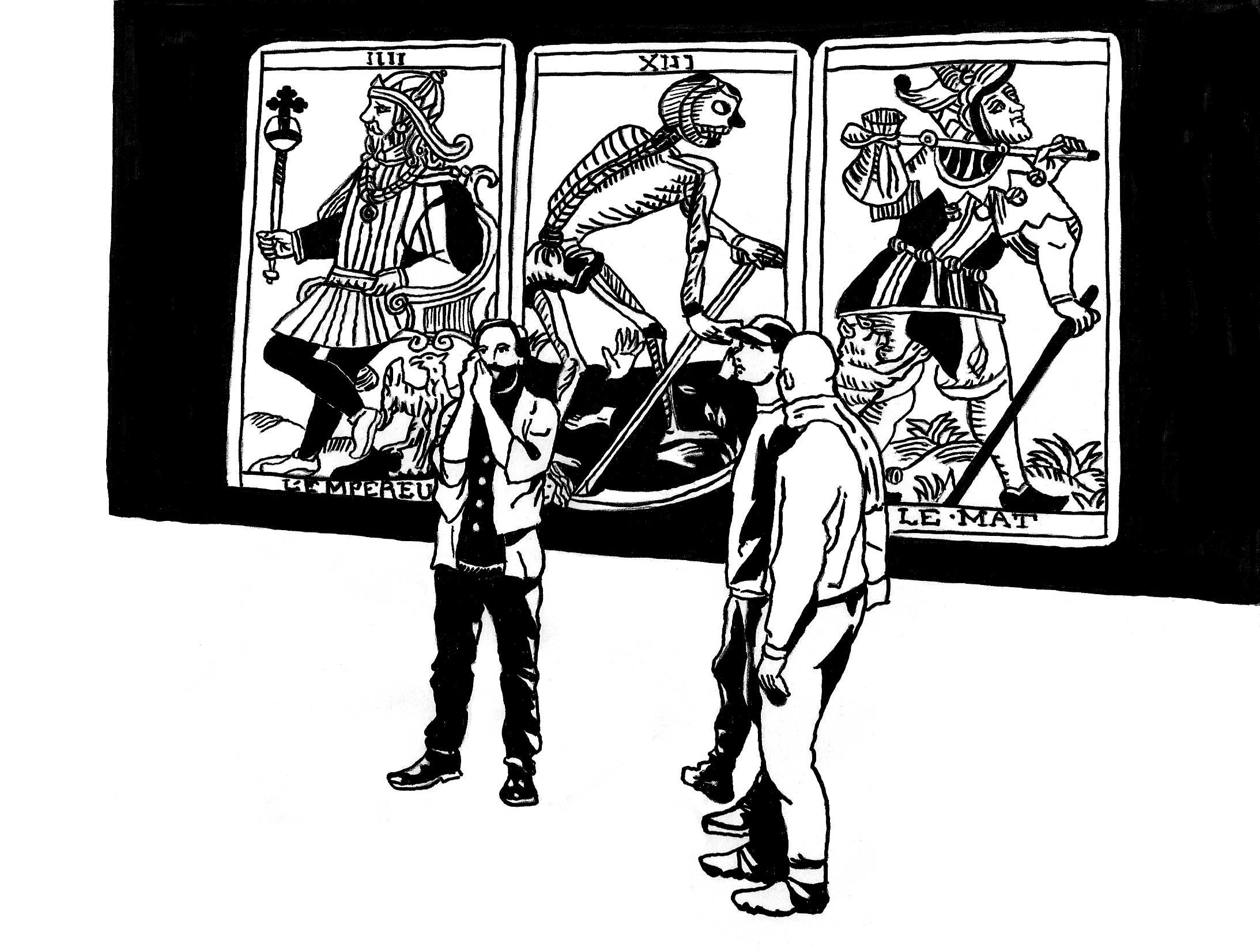2018-2019 Planetary Campus: The Factory. With iLiana Fokianaki, Rana Hamadeh, David Maroto, Leire Vergara and their guests.
Both as an infrastructure as well as an accredited curriculum component Planetary Campus is the container for several activities initiated by the DAI, one of them is
The Factory
In order to encourage and support the active participation and commitment of the students in and to the prospective Roaming Assembly editions, the Factory offers a variety of workshops and seminars, always taking place on Friday and Saturday (as integral part of DAI Weeks). Occasionally The Factory will also offer autonomous worksessions with guests to further specific skills and knowledges. Team Planetary Campus is dedicated to facilitating preliminary seminars, workshops and other work meetings, led by guests: curators, speakers and performers as well as researchers, at a variety of locations.The Factory is a compulsory curriculum component. Each student is invited to engage with one Factory trajectory (sequence of workshops and seminars) over the course of the academic year concluding to a Roaming Assembly. Read about the creditpoints connected in our Syllabus 2018 - 2019.
Factory workshops 2018-2019:
The Art's Room ~ Towards Roaming Assembly #23 (on Sunday 10 March, 2019) curated by Pedro G. Romero and Leire Vergara.
Students: Anastasia McCammon, Flavia Palladino, Giorgos Gripeos, Irati Irulegi, Leeron Tur-Kaspa, Livio Casanova, Lucie Draai, Polly Wright, Saskia Burggraaf, Sofia Montenegro, Yen Noh, Zoi Moutsokou.
It wouldn’t be hare-brained to place in the origins of the Bauhaus, of that conception of space, of ideas, of things that we know as the Bauhaus, that which Nader Vassoughian calls Gypsy Urbanism. Very likely, as after all is said and done it happens with the metaphor in which the people of Rom take part, the term is abusive since it wants to designate the improvised and provisional architectures, the informal occupation of the space within urban peripheries in Central European cities of the 10s and 20s of the past century, built and disposed for Gypsies most certainly, but also for Ukrainian migrant Jews or for displaced peasants from the whole Balkan area. However, let’s consider that within that notion of Gypsy Urbanism the first social housing of the Red Vienna is conceived or a pioneer project such as The Museum of Society and Economy or the development of Isotype, where Gerd Arntz meets with Helios Gómez, a Sevillian and Gypsy artist. Let’s think of its many collaborators: Adolf Loos, Rudolf Carnap, Margarete Schütte-Lihotzky, Josef Frank or Le Corbusier. Let’s think of László Moholy who in those years films Gross-Stadt Zigeuner (1932) and Architekturkongress (1933), the last city of Gypsies and the first city of Modern architecture.
Justice Economy: The Dramaturgy of Debt and Indebtedness ~ Towards Roaming Assembly #24 ( on Sunday May 19, 2019) curated by Rana Hamadeh.
Students: Assem Hendawi, Clara Amaral, Duruo Wang, Francesca Hawker, Gayatri Kodikal, Jiatu Gu, Karina Sarkissova, Konstantin Mitrokhov, Lukas Hoffmann, Mandus Ridefelt, Martina Mächler, Matthew Wang, Maxime Gourdon, Sepideh Behrouzian, Simon(e) van Saarloos, Vinita Gatne.
Fred Moten and Stefano Harney speak of “justice [a]s only possible where debt never obliges, never demands, never equals credit, payment, payback”.[1] “[…] Debt runs in every direction, scatters, escapes, seeks refuge. The debtor seeks refuge among other debtors, acquires debt from them, offers debt to them. The place of refuge is the place to which you can only owe more and more because there is no creditor, no payment possible.” [2]
Island Partisans, Anarchists, Bandits and Pirates: Local histories as a guide for politically conscious practices ~ Towards Roaming Assembly #25 ( on Sunday 30 June, 2019) curated by iLiana Fokianaki.
Students: Clara Saito, Dorothy Hunter, Elien Ronse, Emma de Filippo, Francisco Mojica, Harun Morrison, Hasan Özgür Top, Jasmin Schädler, Joannie Baumgärtner, Jose Iglesias Ga-Arenal, Lea Rüegg, Nine Postma, Olivia Abächerli, Raphael Daibert, Sara Benaglia, Sara Cattin, Wilf Speller, Zoe Scoglio.
Drawing inspiration from the island of Sardinia, these Factory workshops will look into the notion of the island as a schema of exclusion, but also of self-determination.
The various local histories of Sardinia – from its autonomous status and its indigenous language, maintained to this day and its history of myriads invaders and occupiers, from the ancient Greeks, to Napoleon, Spain and Nazi Germany – will serve as a prism from which this Factory wishes to begin a selection process of certain local characteristics, histories and theoretical frameworks, that will contour the structure of Roaming Assembly #26 in June 2019.
Beyond Fictocriticism ~ Towards Roaming Assembly #26 curated by David Maroto.
Students: Bethany Crawford, Ciaran Wood, Ciprian Burete, Dayna Casey, Dina Mohamed, Edel O’Reilly, Eric Peter, Hannah O’Flynn, Julian Fricker, Marc Norbert Hörler, Matthieu Blond, Nilz Källgren, Risa Horn, Samantha McCulloch, Teresa Distelberger, Vita Buivid, Zachary Schoenhut.
Beyond Fictocriticism is the title of a conversation between Chris Kraus and Mark von Schlegell commissioned and co-edited by David Maroto for Obieg Magazine no. 8: ‘Art & Literature: A Mongrel’s Guide’. In it, both writers speak about their novels being ‘very informed, in different ways, by research’. Borrowing their title, this Factory’s main goal is to explore innovative ways to carry out artistic research by blending theory and fiction, research and performance.

